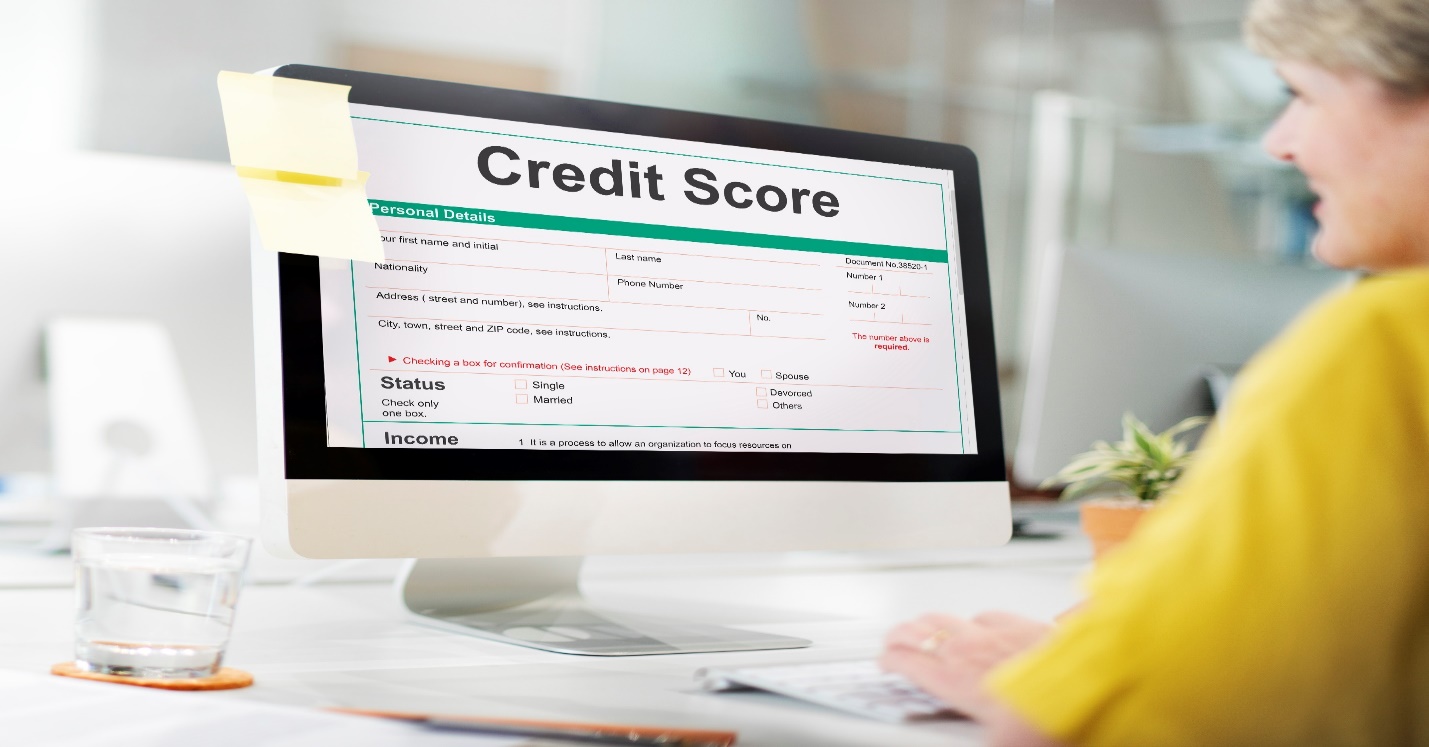Unraveling Personal Loans: A Comprehensive Guide to Financial Freedom
Nov 30, 2023 By Triston Martin
In the dynamic landscape of personal finance, where needs and expenses often vary, personal loans have emerged as a versatile tool to navigate unexpected financial challenges or pursue personal goals. While offering a lifeline of quick cash, these loans come with their advantages and drawbacks.
In this comprehensive guide, we will unravel the intricacies surrounding personal loans' pros and cons, offering valuable perspectives to assist you in making well-informed financial choices.
Understanding Personal Loans
Before delving into the pros and cons, it's crucial to grasp the essence of personal loans. At their core, personal loans are unsecured loans that provide individuals with a lump sum of money, typically ranging from a few hundred to several thousand dollars.
Unlike secured loans, such as mortgages or auto loans, personal loans don't require collateral, making them accessible to a broader spectrum of borrowers. These loans come with fixed terms and predetermined interest rates, allowing borrowers to plan their repayments with certainty.
Pros of Personal Loans
As we step into the realm of personal loans, it's essential to highlight the distinctive advantages they offer. Let's explore these positive aspects, giving you a comprehensive understanding of why individuals often turn to personal loans in various financial scenarios.
Flexibility
Personal loans offer unparalleled flexibility, making them a versatile financial tool. Whether you're consolidating debt, covering medical expenses, or funding a dream vacation, personal loans provide the freedom to use the funds for various purposes. This adaptability separates them from more narrowly focused loans like mortgages or auto loans.
Quick Access to Funds
In times of financial urgency, the swift access to funds that personal loans provide can be a game-changer. The application process is often streamlined, and approval times are relatively quick. This quick turnaround makes personal loans ideal for those facing unexpected expenses or emergencies, providing much-needed financial support when it matters most.
No Collateral Required
Unlike secured loans that demand collateral, personal loans are unsecured. This means you won't need to risk your home, car, or other assets. The absence of collateral simplifies the application process. It makes personal loans more accessible, particularly for individuals who might not have substantial assets or are hesitant to use them as security.
Fixed Interest Rates

Many personal loans come with fixed interest rates, offering borrowers a predictable repayment structure. This stability can be a significant advantage for budgeting purposes, as it ensures your monthly payments throughout the loan duration. It shields borrowers from the impact of fluctuating interest rates in the market.
Cons of Personal Loans
While personal loans come with their share of advantages, it's equally crucial to recognize and navigate the potential drawbacks. Join us as we delve into the cons, providing insights into the factors borrowers should consider carefully before opting for a personal loan.
Higher Interest Rates
While personal loans offer stability through fixed interest rates, it's essential to recognize that these rates can be higher than secured loans. The absence of collateral makes personal loans riskier for lenders, leading to elevated interest rates. Prospective borrowers should carefully evaluate the long-term cost and determine if the immediate benefits outweigh the potential drawbacks.
Potential for Debt Accumulation
The accessibility of personal loans can be both a blessing and a curse. While they provide a quick solution to financial challenges, individuals risk accumulating more debt than they can manage. Responsible borrowing is crucial to avoid falling into a cycle of debt. Borrowers should assess their financial capacity and only take on loans for necessary expenses with a well-defined plan for repayment.
Origination Fees
Some lenders charge origination fees when processing a personal loan. These fees, ranging from 1% to 8% of the loan amount, are deducted upfront. Borrowers should be aware of these costs and factor them into their overall assessment of the loan's affordability. While not all lenders charge origination fees, it's crucial to inquire about any additional costs associated with the loan application.
Impact on Credit Score

Applying for a personal loan results in a hard inquiry on your credit report, which can temporarily lower your credit score. Additionally, failing to make timely payments can have a prolonged negative impact on your credit history. Borrowers must be mindful of these consequences and prioritize responsible borrowing practices to safeguard their creditworthiness.
Interest Rates: The Heart of the Matter
Interest rates are pivotal in the financial landscape, and personal loans are no exception. Understanding how they work is crucial for making informed decisions.
Fixed vs. Variable Rates
Personal loans often offer the choice between fixed and variable interest rates. While fixed rates provide stability, variable rates can change based on market conditions. Borrowers should carefully assess their risk tolerance and financial goals before choosing between them. A fixed-rate loan may be the most suitable if stability and predictability are priorities.
Factors Influencing Interest Rates
Lenders consider various factors when determining your interest rate. Your credit score, income, and debt-to-income ratio all play a role in this decision.
Maintaining a higher credit score can result in a lower interest rate, emphasizing the importance of responsible financial habits. Borrowers should be aware of these factors and work to improve their creditworthiness to secure more favorable loan terms.
Shopping Around for Rates
Not all lenders offer the same interest rates, making it crucial for borrowers to shop around and compare offers from different institutions. Online tools and resources make this process more accessible than ever.
Borrowers can use comparison websites and obtain pre-approval from various lenders to identify the most advantageous terms tailored to their financial circumstances. Investing time in researching and comparing interest rates can yield significant savings throughout the loan's duration.
Conclusion
Personal loans stand out as a versatile tool in the vast sea of financial options, offering a bridge between financial challenges and personal aspirations. Maximizing their benefits while minimizing risks requires informed decision-making. As you carefully consider the pros and cons of personal loans, remember that responsible borrowing is the cornerstone of financial well-being.

What are the taxes on a 401(k) distribution?
Learn the basics of understanding and calculating your taxable income from a 401(k) distribution. Get expert tips on how to reduce your tax liabilities
Nov 22, 2023 Susan Kelly

Writing Off Uncollectable Receivables
Writing off uncollectable accounts receivables is a process by which businesses can minimize their losses due to non-payment of debt. It involves making the decision to cease any further collection efforts and classifying the debt as a loss on the company's balance sheet. The process is complex and requires careful consideration of the legal requirements involved
Jan 04, 2024 Susan Kelly

A Guide to the Tax-Filing in 2023: What's My Tax Bracket?
Every taxpayer needs to understand their federal tax bracket, especially in an ever-changing environment like the U.S. Tax Code of 2023. Understanding your tax filing in 2023 is key to avoiding costly mistakes. Learn what your tax bracket is and how to use it best.
Oct 04, 2023 Triston Martin

Top Online Brokers for Bond Investing in 2024
Find the top online brokers for bond investing in 2024 to enhance your investment portfolio.
Mar 13, 2024 Triston Martin

How to Choose the Best Mutual Funds at Charles Schwab
In the 30 years they have been in business, Charles Schwab has provided investors with various low-cost mutual fund alternatives. Schwab's "product approach is to suit the investor's shifting demands," says D.J. Tierney, senior portfolio strategist. We have a simple offering of core investor goods and solutions that will be competitively priced..
Oct 02, 2023 Triston Martin

Unlock the Secrets: How to Get Your Hands on Vanguard VTI Total Stock Market ETF Units
Discover how to invest in Vanguard VTI Total Stock Market ETF: steps, benefits, and why it's a smart choice for US market exposure
Mar 16, 2024 Triston Martin